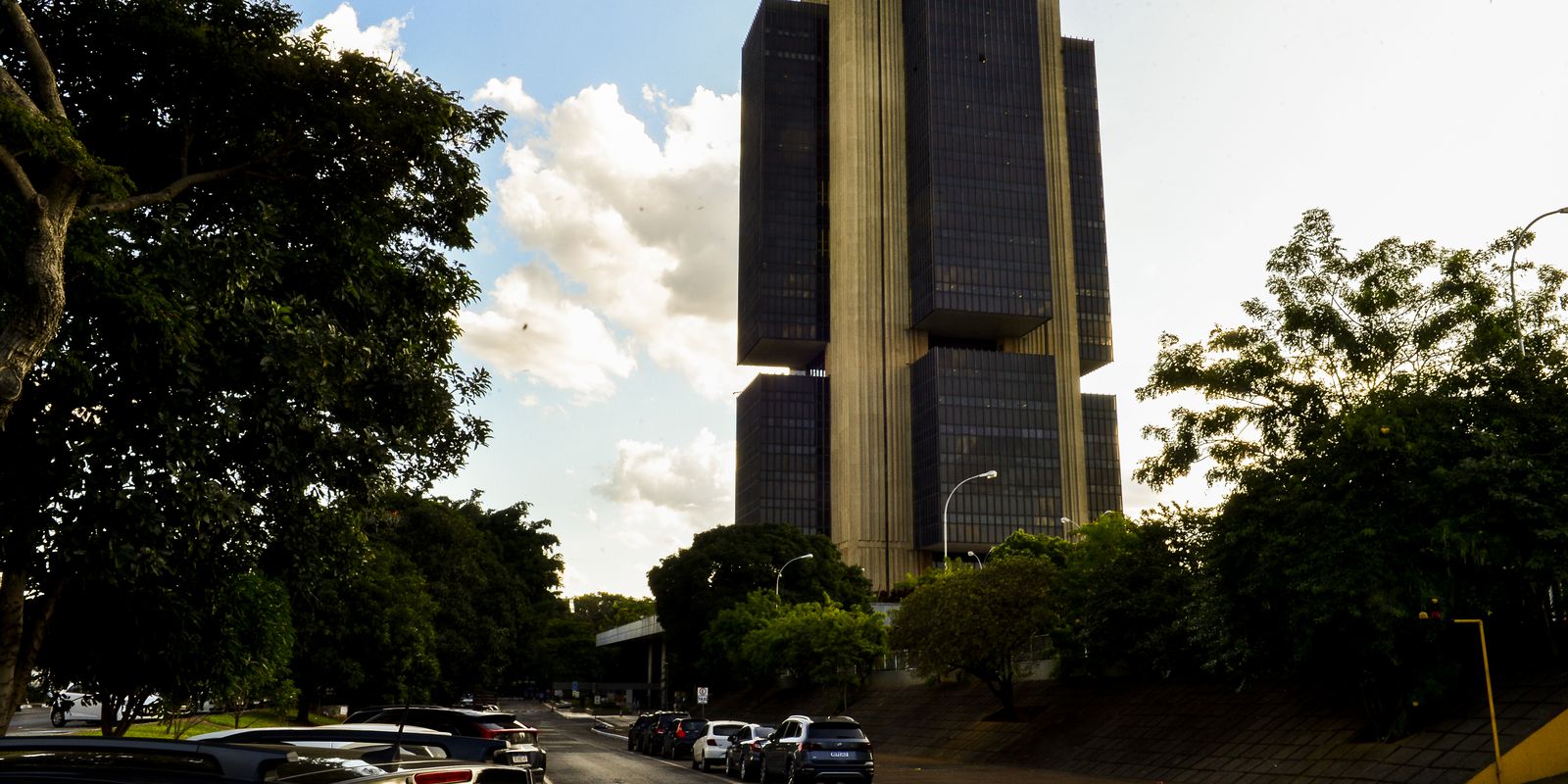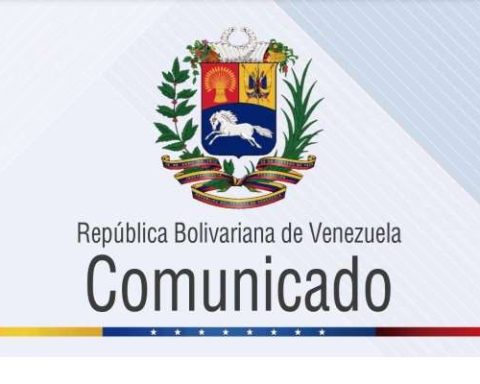Throughout the first 100 days of government, no conflict had a higher temperature than that between President Luiz Inácio Lula da Silva and the Central Bank (BC). Last Thursday (6), at breakfast with journalists, Lula declared again that interest rates are very high and said that perhaps it is necessary to change the inflation target.
Since August last year, the BC has maintained the Selic rate (basic interest rate) at 13.25% per year. The reaction of government officials varies.
The Minister of Finance, Fernando Haddad, has criticized the tone of the announcements of the Monetary Policy Committee (Copom), which does not rule out further increases in interest rates if inflation remains persistent. The Copom minutes, which are released six days after each meeting, have been published in a more relaxed tone, which makes the government to reduce criticism of BC.
BC president Roberto Campos Neto has said that the Selic reduction is not easy because there has been a “demand shift” in relation to goods. “We try to smooth the cycle. We look forward. We understand that high interest rates cause these impacts on the productive part. We try to smooth this out, because our job is to do it in a way that causes the least possible damage to the economy”, highlighted the BC president in a presentation this week to an investment bank.
Posture
The government’s attitude towards the Central Bank divides specialists. For André Nassif, a professor at the Department of Economics and Graduate Studies at the Fluminense Federal University (UFF), the criticisms are correct because the BC’s actions prevent economic recovery. “I feel a bit disappointed about the first 100 days. Not in relation to the Lula government itself, but because there are institutional obstacles, mainly on the part of the Central Bank, which reduce the government’s autonomy to implement a policy that generates jobs”, he says.
Emeritus professor of economics at the Getulio Vargas Foundation (FGV), Virene Matesco disputes this and says that the stance taken by the monetary authority is correct. “Any other policy to combat inflation outside monetary policy [aumento de juros] it is palliative. When President Lula keeps hitting the Central Bank, he only makes the situation worse. Having the President of the PT speak is one thing, but the President of the Republic speaking is something else”, he criticizes.
According to her, every statement by Lula against the monetary policy causes turmoil in the financial market. “It’s like the president is paying [por meio de oscilações no dólar e nos juros futuros] to criticize the Central Bank”, he compares.
The disclosure of the new fiscal framework seems to have strained relations. Last Wednesday (5), BC president Roberto Campos Neto said he had a “super positive” assessment of the new rules and declared that the future fiscal framework will avoid debt control.
At the same time, the government has the power to appoint two new directors of the Central Bank whose terms ended on March 28 through the Central Bank’s autonomy law. Holder of the most important board, that of Monetary Policy, Bruno Serra has already been exonerated. The Director of Inspection, Paulo Sérgio Neves de Souza, can be reappointed.
employment and income
For the coming months, the government has several challenges. The main thing is the approval of the new fiscal framework by Congress without major changes. The economic team will also have to count on the approval of measures that revise or revert tax incentives granted for decades to guarantee the necessary revenues to comply with the new framework.
While the government is on hold, the economy is feeling the effects of the slowdown. The creation of formal jobs in the first two months of the year reached the lowest level for the period since 2020. The unemployment rate, as measured by the Brazilian Institute of Geography and Statistics, fell to 8.6% in the quarter ended in February, but the decline is due to the creation of jobs with low wages.
In the short term, experts say, the only alternative to unlock the job market depends on the resumption of public investment. “Public works are an important driver for hiring workers in the short term. One way out is the resumption of stopped works, mainly day care centers. In addition to alleviating the problem of employment, day care centers have a social function and help mothers who want to work outside the home and cannot do it”, says Matesco.
Nassif is more pessimistic and says that investments to generate jobs depend, at the moment, on the drop in interest rates. “There is no other solution other than reducing interest rates as quickly as possible. Inflation in Brazil is not due to demand, but to shocks in fuel and food prices caused by the recovery of the global economy in the post-pandemic period and the war in Ukraine”, he declares.
For this week, the re-launch of the Growth Acceleration Program (PAC) and the new framework of public-private partnerships (PPP) is scheduled. Regarding the stopped works, the government launched the platform Get to workthrough which local governments report stalled projects in a database.


















